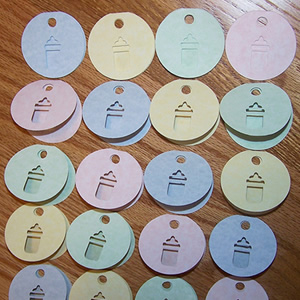
What do you know about Bisphenol A? The companies who use it in their products hope you don’t know too much, because it is extremely harmful. The organic compound is building block of many important plastic and plastic additives that are used to make baby bottles and sippy cups. While Bisphenol A has a low acute toxicity, the chemical becomes an endocrine disruptor once inside the body. Even low doses of the substance can mimic the body’s hormones, causing negative health effects, which have been linked to diabetes and prostate cancer.
The Food and Drug Administration had called the chemical safe for Americans, basing their decision on two industry-backed studies despite the bulk of evidence from independent sources suggesting otherwise. Some states did not take the FDA’s word for it and have already banned the substance in one way or another. These states include California, Maryland, Connecticut, and New Jersey. But in recent months, the bans have been more strident, as Bisphenol A has been banned in Suffolk County, New York, the State of Minnesota, and most recently, Chicago.
The decision by the third largest city in the United States to do away with a substance that many localities are struggling with could be a harbinger of good things to come. The substance predominantly harms the young who use bottles and sippy cups laced with the stuff, and as their systems are not fully formed, they are more susceptible to higher levels of toxicity as they grow.
A study at Harvard University shows the danger pretty clearly. Seventy-seven students volunteered to drink cold liquids from baby bottles, and after just a week, the test subjects’ urine showed a 69% increase in Bisphenol A. This information goes hand in hand with the fact that Bisphenol A is found the blood of nearly every American tested.
Children are the most at risk, however Bisphenol A affects us all as it is used in the lining of canned beverages as well as canned baby food and baby bottles. Many manufacturers have sworn to phase out the use of the chemical and even Sunoco, one if Bisphenol A’s biggest producers, have promised to stop selling it to companies that might use it in children’s toys. Canada has banned Bisphenol A in many children’s products, and the bans in Minnesota and Chicago, starting January 1, 2010, will not allow the sale of the product if it is intended for children under the age of three.
That’s all well and good, but until the FDA disavows its stance on Bisphenol A, which has obviously been funded well by the Biphenol A lobby, we are all still at an increased risk.

